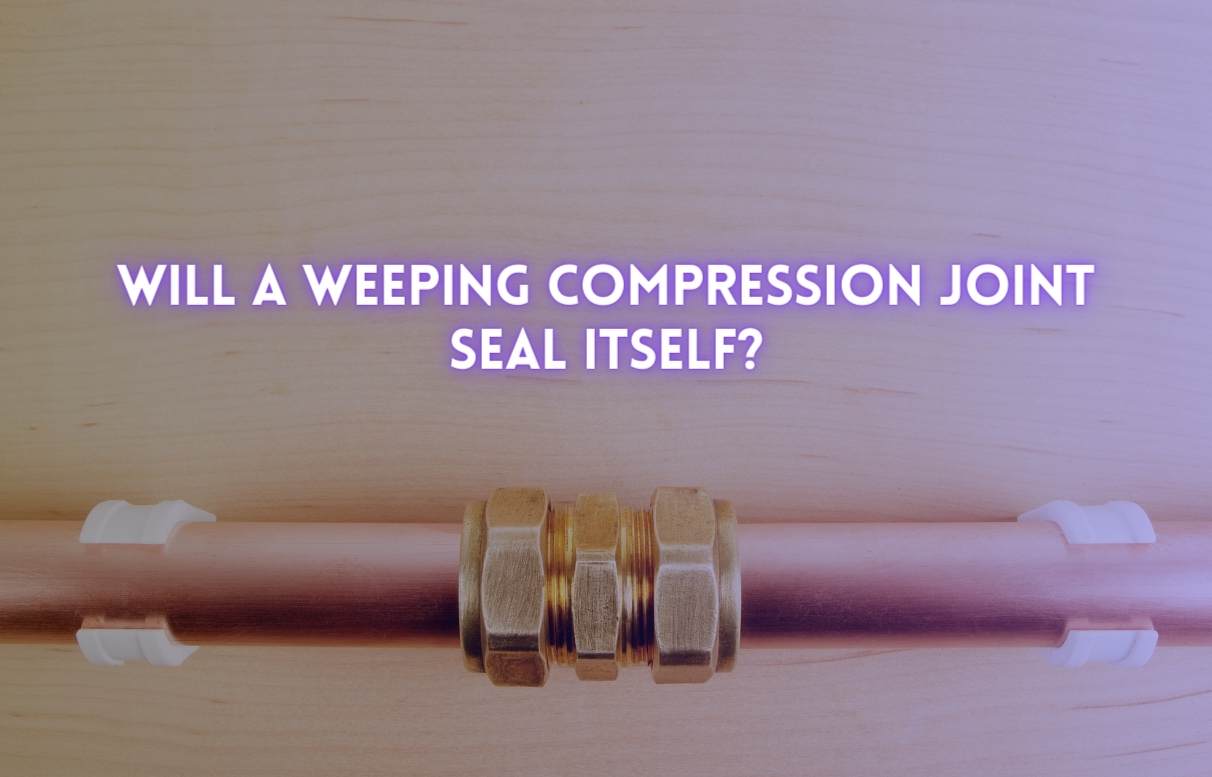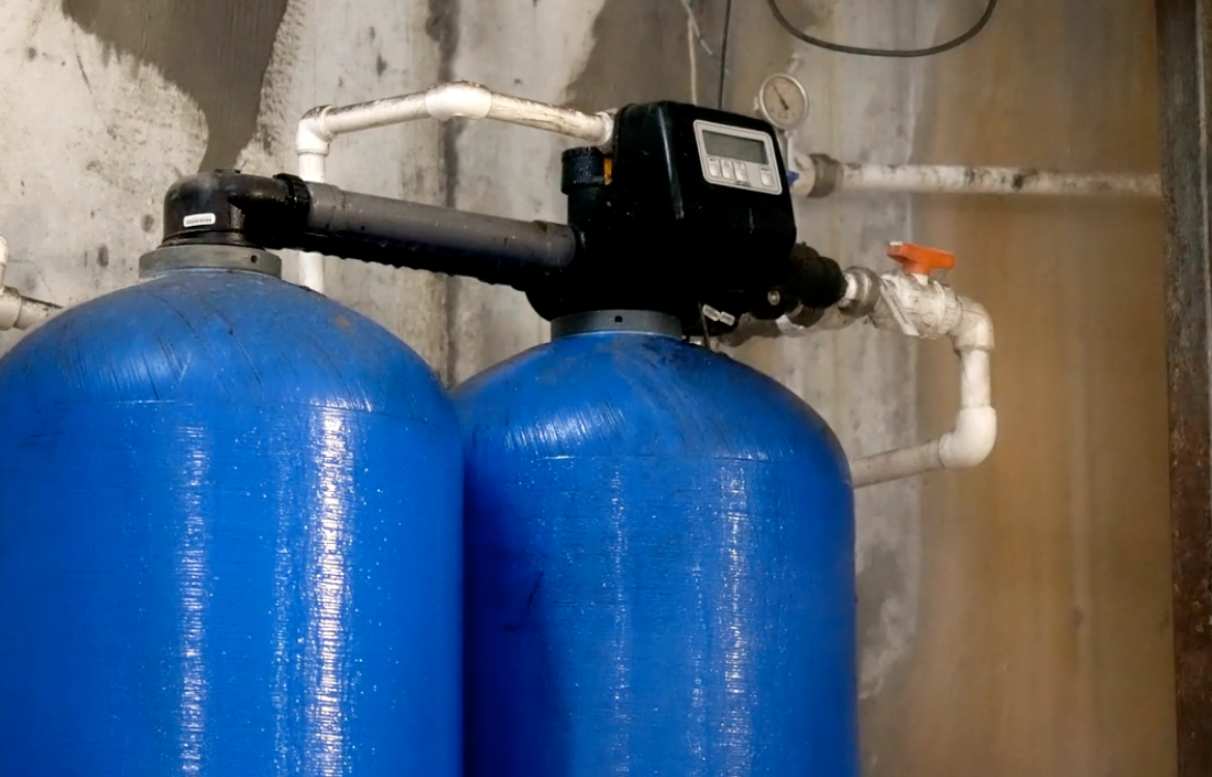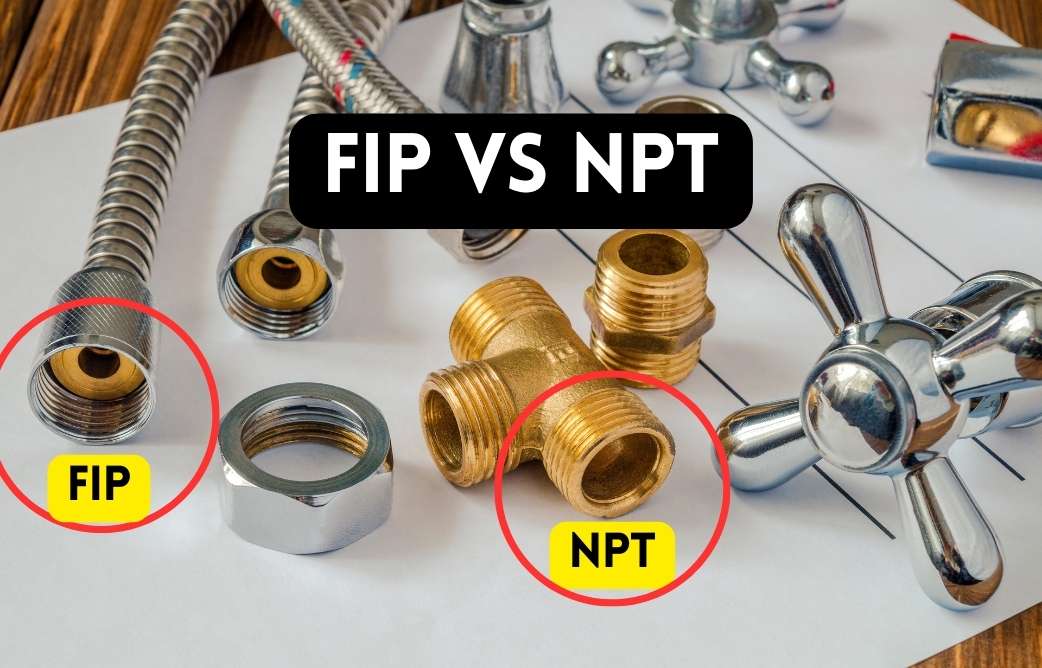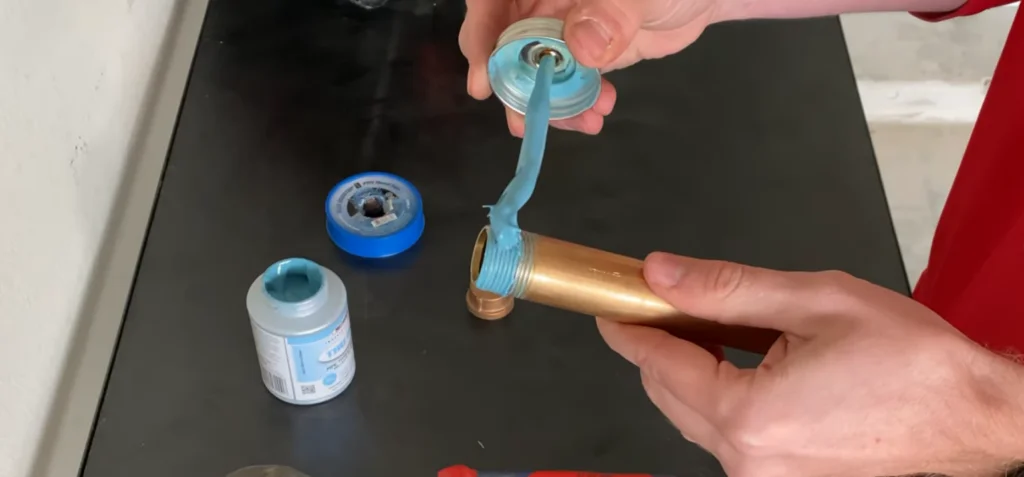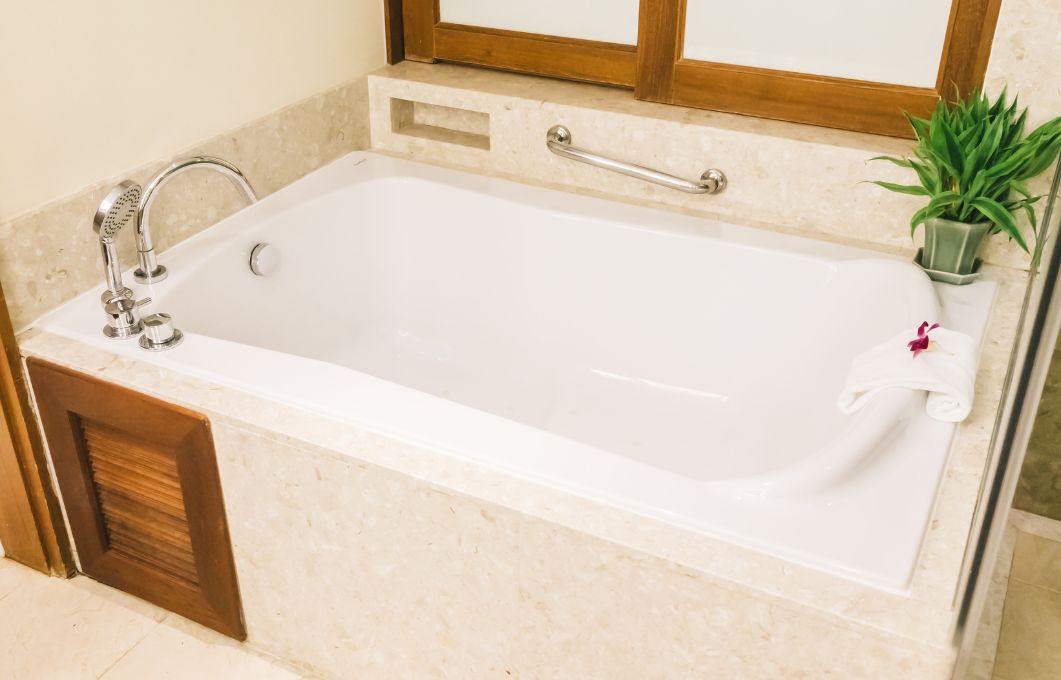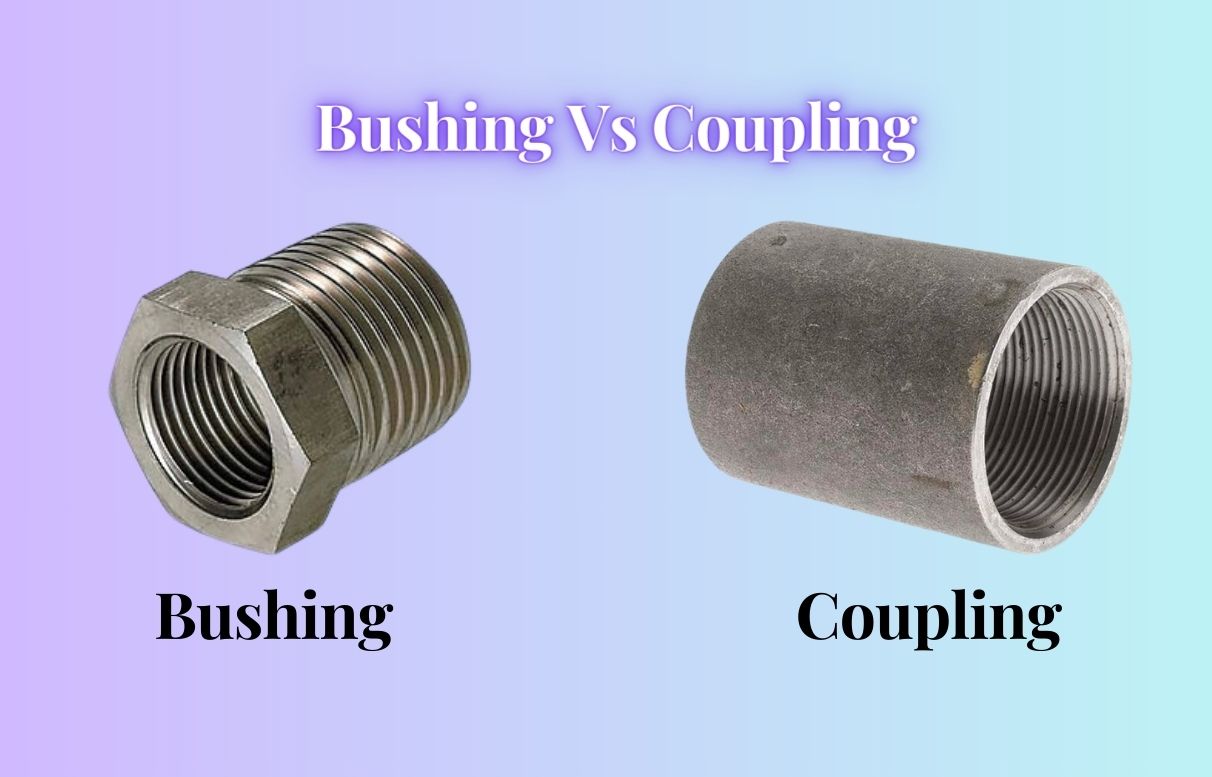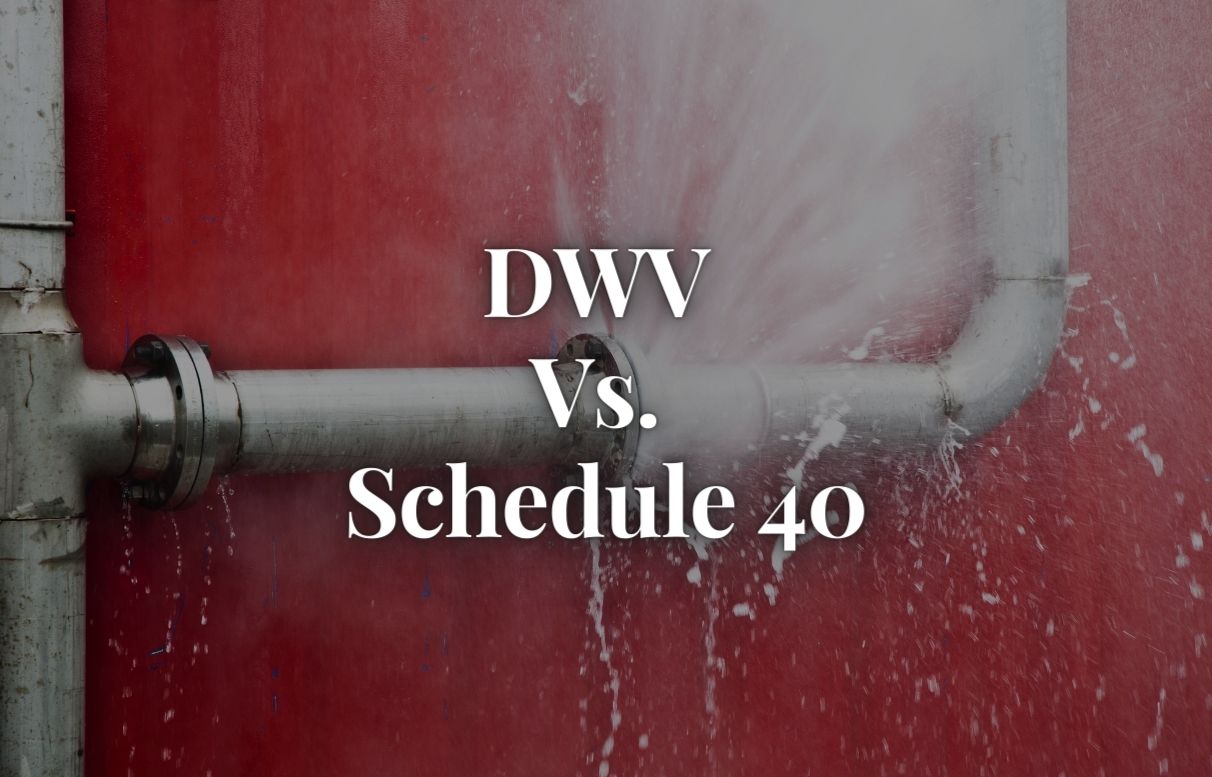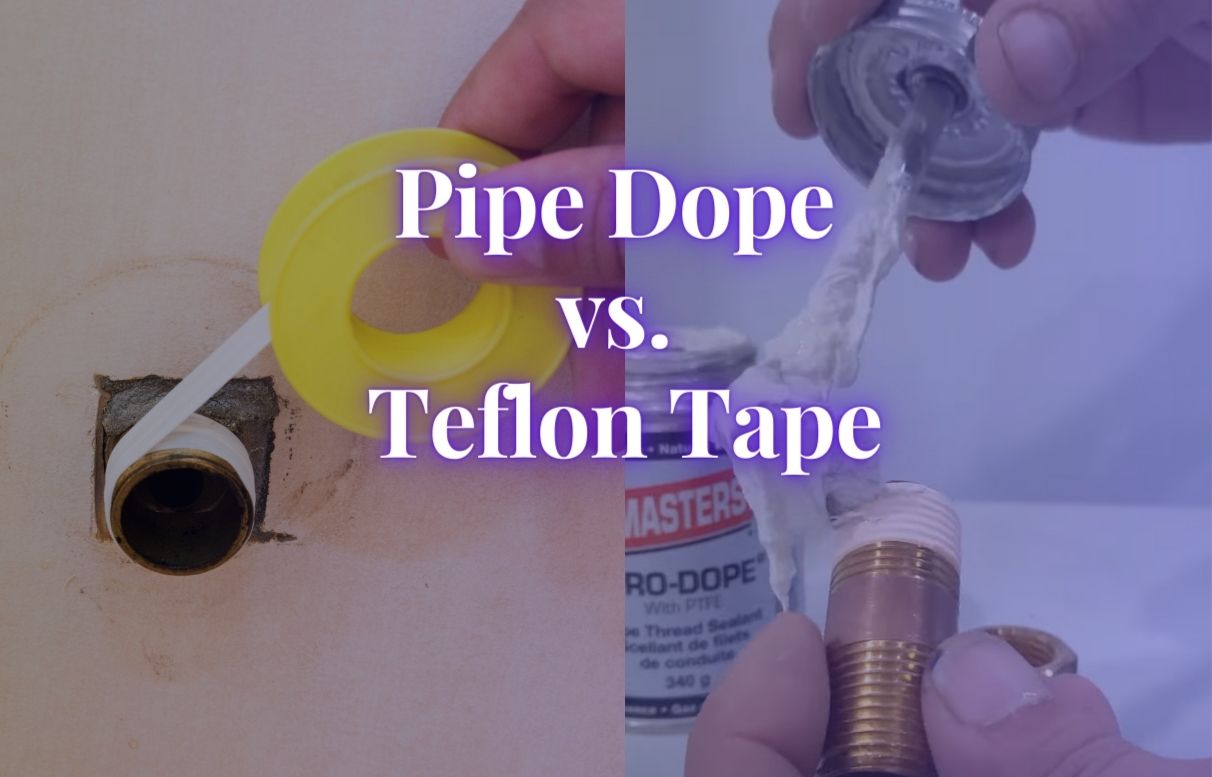Is 1/2 Pex Big Enough for Shower? Disadvantages and Alternatives
When discussing plumbing for a shower, it’s important to consider whether 1/2 inch PEX piping is sufficient for your project. PEX (cross-linked polyethylene) has become a popular choice among plumbers due to its flexibility, durability, and ease of installation. However, choosing the right size is crucial for ensuring proper water flow and pressure in a…


